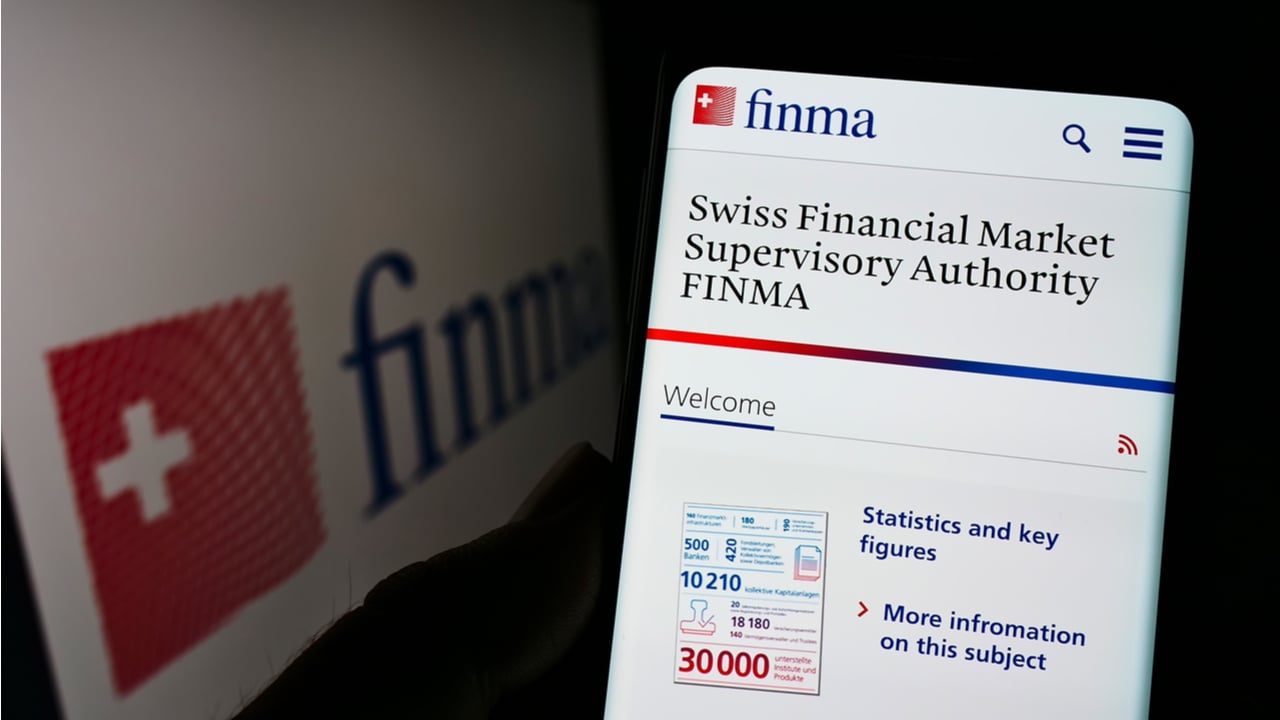
Former Regulators Propose a Watchdog for Financial Watchdogs; Milken Institute Review Excerpts Their New Book
The standard prescription for curing what ails financial regulation -- seemingly applied after each spectacular systemic failure -- is to layer on more regulations and more regulators to enforce them. Three experts on banking regulation, James Barth (Milken Institute), Gerard Caprio (Williams College) and Ross Levine (Brown University), offer a novel alternative, one summed up by Ronald Reagan in an entirely different context: trust but verify.
The authors' suggestion -- create a watchdog for financial regulators -- is described in detail in an article in the new issue of The Milken Institute Review, "Guardians of Finance: Making regulators work for us," drawn from their forthcoming book of the same title by MIT Press.
"The major financial regulators -- whom we dub here the Guardians of Finance -- all too frequently fail to work for the public at large because it lacks the means to compel Guardians to act in the public interest," the authors write.
"That's why we propose the creation of a new and novel institution -- which we call the Sentinel -- to provide expert, independent assessments of financial regulation."
Also in this issue:
Robert Looney, an economist at the Naval Postgraduate School in California, illuminates in
"Hanging On: Saudi Arabia's Bizarro-world economy" the economic ironies of that nation. "Saudi Arabia is an insular, medieval Islamic state coexisting with a technologically advanced corporatist state that must think globally to thrive -- or, for that matter, to survive," he writes.
"A country of enormous oil wealth, the Saudis must nonetheless cope with an unemployment rate approaching 30 percent. And while the government has spent billions to upgrade the educational system, private employers still complain that the lack of a qualified Saudi workforce keeps them almost entirely dependent on foreign labor."
In "Bitcoin: Open source money?
"Reuben Grinberg, a New York-based lawyer and computer scientist, unlocks the mysteries of the online cash that circulates without oversight from any government. "Bitcoin is a brand new digital currency whose supporters argue that it is the future of money," explains Grinberg.
"Detractors call it a Ponzi scheme feeding the paranoia of conspiracy theorists, as well as a tool for terrorists, drug traffickers and child pornographers -- not to mention an economic disaster waiting to happen."
Cigdem Akin of Johns Hopkins ponders the consequences of the decoupling of emerging market economies from the U.S. business cycle in
"The Paradoxes of Global Economic Convergence." "The rise of the EMEs ought to be welcomed by everyone," she writes.
"It means an end to poverty for billions and the arrival of middle-class amenities taken for granted in Europe and America. But the transition is bound to create dislocation. The big question is whether our ability to manage change will keep pace."
Bill Dickens, an economist at Northeastern University, challenges in
"Structural Unemployment: No excuse for laissez-faire" the claim that unemployment couldn't be reduced with tax cuts and federal spending. "Structural employment created by the inefficiency of labor markets in matching job vacancies with the unemployed is a genuine problem," he acknowledges. But "the possibility that the labor markets have grown a bit less efficient in the past several years certainly doesn't constitute a rational excuse for abandoning macroeconomic stimulus."
In "Murder on the Doha Express,
"Greg Rushford, the publisher of an online journal on international trade, examines the fallout from the stalemated World Trade Organization Doha Round negotiations. "In trade, what doesn't go forward has a way of going backward," he argues.
"Whatever scary scenario one wishes to cite, Doha's continuing failure threatens to dampen an astonishing run of growth that has enriched the globe and rescued billions from poverty."
Aviva Aron-Dine, a graduate student at MIT, defends progressive taxation in
"Trends: Skin in the game?" "To hear some people tell it," she says, "one of the major problems facing America is that the bottom half of U.S. families are getting off too easy" -- that only 47 percent of them owed income taxes in 2009.
"Why not focus on the share of people paying payroll taxes (100 percent of those working, no matter how low their earnings), or the share paying federal excise taxes and state and local sales taxes (pretty much everybody)?"
The Milken Institute Review is sent quarterly to the world's leading business and financial executives, senior policy makers and journalists. It is edited by Peter Passell, former economics columnist for The New York Times.
About the Milken Institute
A nonprofit, nonpartisan think tank, the Milken Institute believes in the power of capital markets to solve urgent social and economic challenges. Its mission is to improve lives around the world by advancing innovative economic and policy solutions that create jobs, widen access to capital and enhance health.
The Milken Institute: http://www.milkeninstitute.org/
Related News





